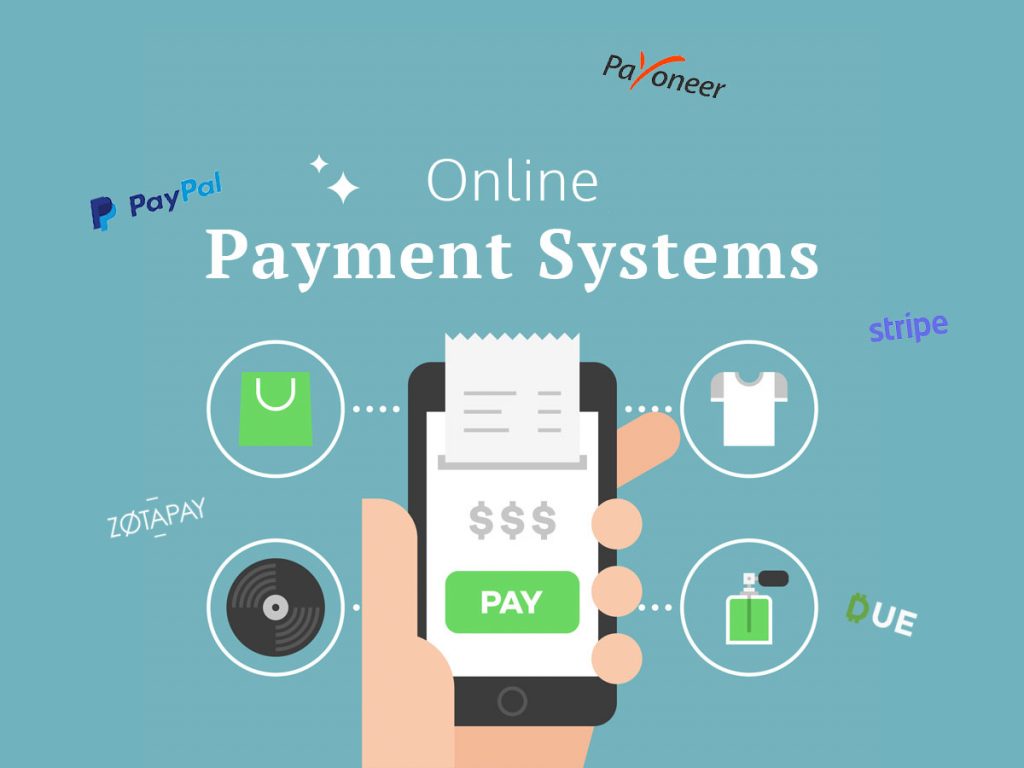
Since E-commerce has become a commercial force, online payment solutions have evolved that are not only convenient to use, they also now provide high levels of security as well. The online payment service that you choose is an important factor in the success of your online business. Online payment can be fast and convenient, but it’s security must also be solid and uncompromising.
At the moment your online business has roughly two type of payment options to offer on its website. These include:
- Credit/debit card paymentsThese include systems such as PayPal, WorldPay, Protx and NetBanx
- Shopping mall paymentsThese include systems such as BT’s Click & Buy and Google’s Checkout
Each of these systems is protected with high levels of security as payments are either linked to credit or debit card, or directly to the purchasers bank account. Today it is essential to offer multiple online payment options which means in practice you have to contend with potentially multiple online payment services with their corresponding security.
How to Offer Secure Payments on Your Website
You have a choice to make when you set-up your online business when it comes to the payment methods you offer to customers. You can process the payments yourself which will mean you have to ensure each of your trolley and shopping cart web pages are secure with SSL (Secure Socket Layer). SSL certificates are available from suppliers like VeriSign and Thawte. You’ll need to consult your ISP or IT department if you host your own website as SSL certificates must be implemented correctly.
Note that some E-commerce packages that you can buy off-the-shelf to build your online business with may have what is called shared SSL as a feature. The attraction of shared SSL is the much lower cost of the digital certificate. Look closely at who is hosted any shared SSL you are considering. Private SSL that is dedicated to just your online business is more expensive, but ultimately more secure.
Your second option and the one that most smaller enterprises use is what is called PSP or Payment Server Provider payment systems. This simply means your website uses online payment solution from an online payment service such as WorldPay or NetBanx. They take care of the payment process and also the security aspects of your customers payment freeing you to concentrate on other aspects of your online business. There is of course a charge associated with these services you must factor into your costs.
PayPal in Focus
For the small online business PayPal is one of the easiest online payment solutions to implement on your website. Their online payment service has evolved over the last few years to offer a complete set of merchant tools that you can use to process customer payments that have a very high level of security. Also built into the service that PayPal offers is AVS (Address Verification System) and CSC (Card Security Code) for all cardholder not present payments that will form the bulk of the payments made through your online business.
Secure Payments Checklist
To ensure all your online payments always have the highest levels of security, follow the checklist below.
Buy your SSL certificates from a reputable source
With the explosion in E-commerce many companies now offer online payment solutions. Look closely at the online payment service provider and their existing customer base.
Set-up your servers properly
If you intend to host your website on your own servers take some technical advice about to implement the security certificates you buy, For the certificates to offer a secure online payment service to your customers, they must be correctly installed.
Talk to your bank
You will need a merchant account if you decide to offer online payment systems yourself. Your bank will want to see high levels of security on your website before payments will be credited to your account.
Choose your PSP provider
If you decide to hand your online payment service to a third party, check their security systems to ensure they are robust enough to protect your customers’ payments. It’s your business’s reputation at stake if a payment fraud takes place.

